
Catherine Parr was Queen of England and Ireland as the last of the six wives of King Henry VIII from their marriage on 12 July 1543 until Henry's death on 28 January 1547. Catherine was the final queen consort of the House of Tudor, and outlived Henry by a year and eight months. With four husbands, she is the most-married English queen. She was the first woman to publish in print an original work under her own name in England in the English language.
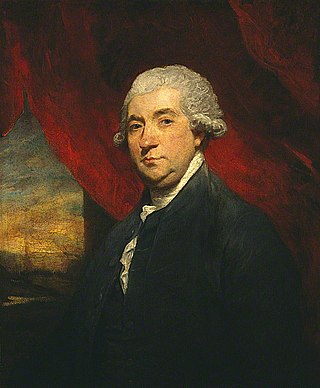
James Boswell, 9th Laird of Auchinleck, was a Scottish biographer, diarist, and lawyer, born in Edinburgh. He is best known for his biography of the English writer Samuel Johnson, Life of Samuel Johnson, which is commonly said to be the greatest biography written in the English language. A great mass of Boswell's diaries, letters, and private papers were recovered from the 1920s to the 1950s, and their ongoing publication by Yale University has transformed his reputation.

Henry James was an American-British author. He is regarded as a key transitional figure between literary realism and literary modernism, and is considered by many to be among the greatest novelists in the English language. He was the son of Henry James Sr. and the brother of philosopher and psychologist William James and diarist Alice James.

Sir Edmund William Gosse was an English poet, author and critic. He was strictly brought up in a small Protestant sect, the Plymouth Brethren, but broke away sharply from that faith. His account of his childhood in the book Father and Son has been described as the first psychological biography.

Sir Leslie Stephen was an English author, critic, historian, biographer, mountaineer, and an early humanist activist. He was also the father of Virginia Woolf and Vanessa Bell.

Sir Peter Courtney Quennell was an English biographer, literary historian, editor, essayist, poet, and critic. He wrote extensively on social history. In his Times obituary he was described as "the last genuine example of the English man of letters". Anthony Powell called him "The Last of the Mandarins".

James Henry Leigh Hunt, best known as Leigh Hunt, was an English critic, essayist and poet.

John Cowper Powys was an English novelist, philosopher, lecturer, critic and poet born in Shirley, Derbyshire, where his father was vicar of the parish church in 1871–1879. Powys appeared with a volume of verse in 1896 and a first novel in 1915, but gained success only with his novel Wolf Solent in 1929. He has been seen as a successor to Thomas Hardy, and Wolf Solent, A Glastonbury Romance (1932), Weymouth Sands (1934), and Maiden Castle (1936) have been called his Wessex novels. As with Hardy, landscape is important to his works. So is elemental philosophy in his characters' lives. In 1934 he published an autobiography. His itinerant lectures were a success in England and in 1905–1930 in the United States, where he wrote many of his novels and had several first published. He moved to Dorset, England, in 1934 with a US partner, Phyllis Playter. In 1935 they moved to Corwen, Merionethshire, Wales, where he set two novels, and in 1955 to Blaenau Ffestiniog, where he died in 1963.
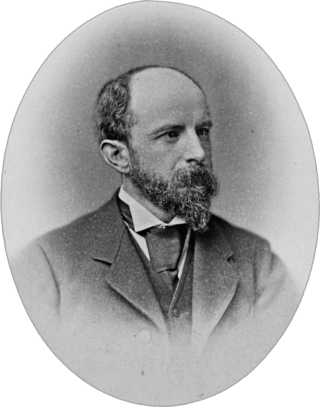
Henry Brooks Adams was an American historian and a member of the Adams political family, descended from two U.S. presidents. As a young Harvard graduate, he served as secretary to his father, Charles Francis Adams, Abraham Lincoln's ambassador to the United Kingdom. The posting influenced the younger man through the experience of wartime diplomacy, and absorption in English culture, especially the works of John Stuart Mill. After the American Civil War, he became a political journalist who entertained America's foremost intellectuals at his homes in Washington and Boston.

The Voyage of the Beagle is the title most commonly given to the book written by Charles Darwin and published in 1839 as his Journal and Remarks, bringing him considerable fame and respect. This was the third volume of The Narrative of the Voyages of H.M. Ships Adventure and Beagle, the other volumes of which were written or edited by the commanders of the ships. Journal and Remarks covers Darwin's part in the second survey expedition of the ship HMS Beagle. Due to the popularity of Darwin's account, the publisher reissued it later in 1839 as Darwin's Journal of Researches, and the revised second edition published in 1845 used this title. A republication of the book in 1905 introduced the title The Voyage of the "Beagle", by which it is now best known.
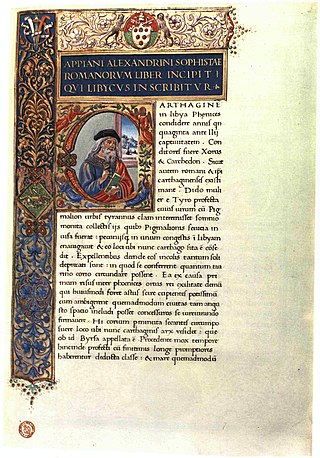
Appian of Alexandria was a Greek historian with Roman citizenship who prospered during the reigns of the Roman Emperors Trajan, Hadrian, and Antoninus Pius.

The Wings of the Dove is a 1902 novel by Henry James. It tells the story of Milly Theale, an American heiress stricken with a serious disease, and her effect on the people around her. Some of these people befriend Milly with honourable motives, while others are more self-interested.

Humphrey Prideaux was a Cornish churchman and orientalist, Dean of Norwich from 1702. His sympathies inclined to Low Churchism in religion and to Whiggism in politics.
The Life and Letters of Charles Darwin is a book published in 1887 edited by Francis Darwin about his father Charles Darwin. It contains a selection of 87 letters from the correspondence of Charles Darwin, an autobiographical chapter written by Charles Darwin for his family, and an essay by Thomas Huxley "On the reception of the 'Origin of Species'".

The Expression of the Emotions in Man and Animals is Charles Darwin's third major work of evolutionary theory, following On the Origin of Species (1859) and The Descent of Man, and Selection in Relation to Sex (1871). Initially intended as a chapter in Descent of Man, Expression grew in length and was published separately in 1872. Darwin explores the biological aspects of emotional behaviour and the animal origins of human characteristics like smiling and frowning, shrugging shoulders, lifting eyebrows in surprise, and baring teeth in an angry sneer.
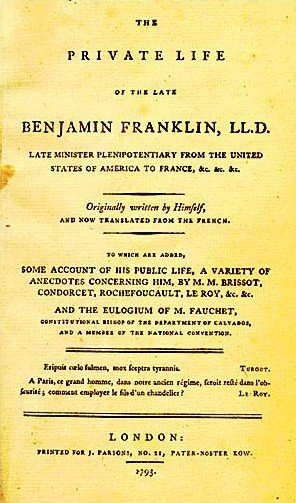
The Autobiography of Benjamin Franklin is the traditional name for the unfinished record of his own life written by Benjamin Franklin from 1771 to 1790; however, Franklin appears to have called the work his Memoirs. Although it had a tortuous publication history after Franklin's death, this work has become one of the most famous and influential examples of an autobiography ever written.
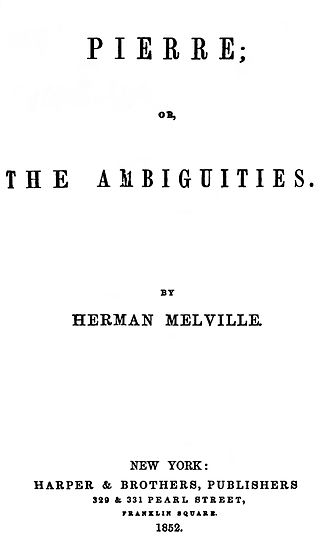
Pierre; or, The Ambiguities is the seventh book by American writer Herman Melville, first published in New York in 1852. The novel, which uses many conventions of Gothic fiction, develops the psychological, sexual, and family tensions between Pierre Glendinning; his widowed mother; Glendinning Stanley, his cousin; Lucy Tartan, his fiancée; and Isabel Banford, who is revealed to be his half-sister. According to scholar Henry A. Murray, in writing Pierre Melville "purposed to write his spiritual autobiography in the form of a novel" rather than to experiment and incidentally work some personal experience into the novel.

A Small Boy and Others is a book of autobiography by Henry James published in 1913. The book covers James' earliest years and discusses his intellectually active family, his intermittent schooling, and his first trips to Europe.
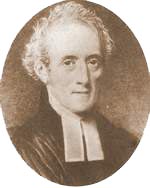
Henry Thomas Austen was a British militia officer, clergyman, banker and the brother of the novelist Jane Austen. He died in 1850 and was buried in Woodbury Park Cemetery, Tunbridge Wells.

Mari Hakikat is the autobiography of Narmadashankar Dave, popularly known as Narmad, a Gujarati author from Surat in 19th century India. It was the first autobiography to be written in the Gujarati language. Written in 1866, it was published posthumously in 1933 on the centenary of Narmad's birth.



















